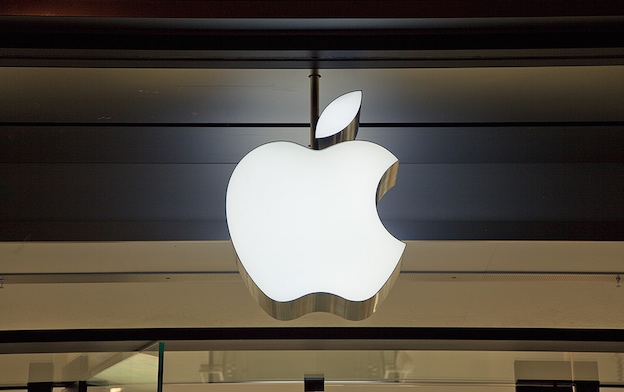Though Apple in recent years has gotten a much better handle on iPhone supply issues when a new model is released, initial availability of the iPhone 7 may be constrained for reasons beyond the company’s control.
According to a new report from Digitimes, a 6.4 magnitude earthquake which hit Taiwan earlier in the month may have caused far greater damage to TSMC manufacturing facilities than initially believed. TSMC of course is one of Apple’s Ax processor suppliers and, according to a report which surfaced last week, will be the sole supplier of the iPhone 7’s A10 chips.
DON’T MISS: This is the stunning iPhone 7 we all deserve
Initially, TSMC indicated that the earthquake would only result in about a 1% decrease in production in 2016. Now, after inspecting the damage more closely, the company has indicated that the resulting impact on production will actually be greater than first anticipated.
The Digitimes report reads in part:
Taiwan Semiconductor Manufacturing Company (TSMC) on February 6 estimated wafer shipments in the first quarter of 2016 would decrease less than 1% due to the impact of a large earthquake hitting southern Taiwan in the early morning of February 6, but on February 12 indicated that the decrease in wafer shipments will be more than 1%, because damage to Fab 14 is worse than originally assessed.
With iPhone sales in 2016 set to decline for the first time in history, there’s no doubt that the pressure is on Apple to deliver a homerun with the iPhone 7. If there’s a resulting bottleneck with iPhone production due to A10 supply issues, it’ll be interesting to see if Apple might tap Samsung to pick up the slack. The only potential glitch to that plan is that Apple is reportedly impressed with TSMC’s 10-nanometer manufacturing process not to mention the company’s InFO architecture which will make for smaller and lighter chips, factors which may make a Samsung backup plan unfeasible in this case.




